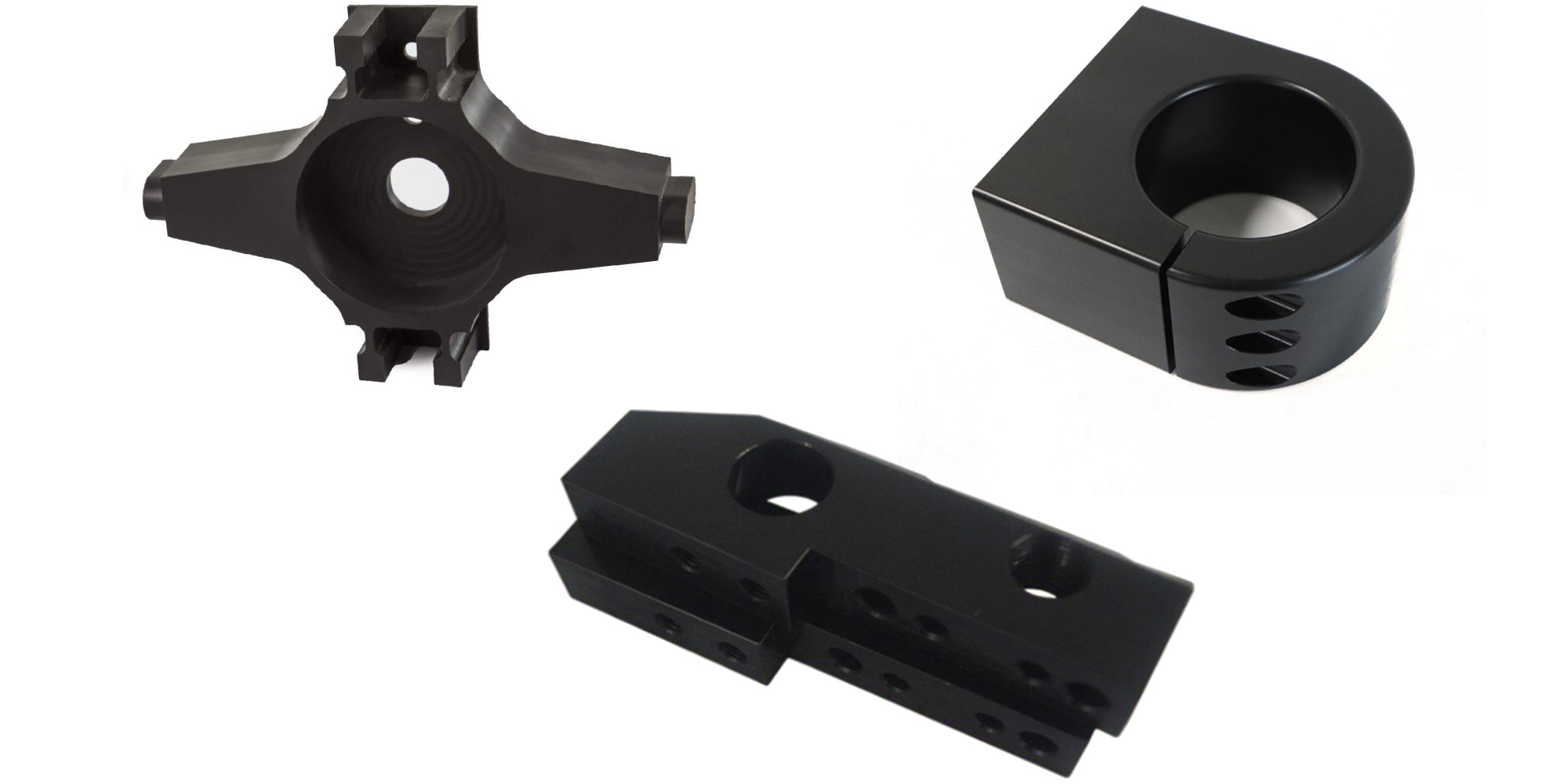Expert Delrin (Acetal) Machining Services
Whether it’s small-scale production or mass manufacturing, our custom Delrin machining services meet all your needs. Contact us to start your customized industrial plastics project! Machining Quote tolerance as low as +/- 0.01 mm.

Weighing Benefits and Drawbacks of Delrin Plastic Parts
| Advantages | Disadvantages |
|---|---|
| High Strength and Stiffness | Poor Resistance to Acids and Bases |
| – Delrin is ideal for precision parts in mechanical applications due to its robustness. | – Susceptible to degradation when exposed to strong acids and bases. |
| Low Friction and Wear Resistance | Not Suitable for High-Temperature Applications |
| – Offers low friction and high wear resistance, benefiting components like gears and bearings. | – Performance degrades at temperatures above 248°F (120°C). |
| Good Dimensional Stability | UV Sensitivity |
| – Exhibits minimal swelling in moisture, ensuring stable dimensions. | – UV exposure can cause brittleness and discoloration over time. |
| Ease of Machining | Creep Under Load |
| – Allows for the manufacturing of high precision and complex parts with good surface finishes. | – Delrin can deform slowly under mechanical stress, impacting its long-term performance in load-bearing applications. |
| Chemical Resistance | Flammability |
| – Resistant to many chemicals like hydrocarbons and solvents. | – Burns quickly when ignited, posing a fire hazard in certain environments. |
Custom Delrin Parts and Used
Custom Delrin machining offers a vast array of possibilities for engineers and designers across various industries, providing them with unique benefits due to Delrin’s desirable material properties.
Chemical Composition of Delrin Plastic
Delrin, known chemically as Polyoxymethylene (POM), is primarily composed of the polymerized form of formaldehyde. It is a synthetic polymer characterized by its repeating unit based on the formaldehyde molecule (CH2O). The detailed chemical structure of Delrin involves the linking of multiple oxymethylene (-CH2O-) groups into a long chain, which is the fundamental building block of the polymer.
| Property | Description |
|---|---|
| Basic Monomer | Formaldehyde (CH2O) |
| Polymer Structure | Polyoxymethylene (-[CH2O]-)n |
| Type | Homopolymer (POM-H): Made solely from formaldehyde, offering higher mechanical strength. |
| Copolymer (POM-C): Made from formaldehyde and other comonomers like ethylene oxide, providing flexibility and better chemical resistance. | |
| Additives | Stabilizers: Enhance thermal and oxidative stability. |
| Reinforcements: Such as glass fibers, to improve mechanical strength and stiffness. | |
| Fillers: Like PTFE, to reduce friction and improve wear resistance. | |
| Impact Modifiers: To increase toughness. | |
| UV Stabilizers: To protect against UV light degradation. |
Physical Properties of Delrin Plastic
These properties are essential when selecting a bronze alloy for specific CNC machining projects, as they directly influence the machining process, the performance of the machined parts, and their suitability for different environments or mechanical stresses.
| Delrin Grade | Density (g/cm³) | Hardness (Rockwell) | Tensile Strength (MPa) | Melting Point (°C) | Thermal Stability (°C) | Coefficient of Friction |
|---|---|---|---|---|---|---|
| Delrin 150 | 1.42 | M90 | 67 | 175 | -40 to 120 | 0.35 |
| Delrin 100 | 1.41 | M94 | 69 | 178 | -40 to 120 | 0.20 |
| Delrin 500 | 1.42 | M90 | 63 | 165 | -40 to 120 | 0.35 |
| Delrin 570 | 1.50 | R120 | 48 | 165 | -40 to 120 | 0.35 |
| Delrin 100AF | 1.45 | R15N60 | 37 | 162 | -40 to 120 | 0.08 |
| Delrin 100ST | 1.42 | M94 | 60 | 172 | -40 to 120 | 0.30 |
CNC Machining Processes for Delrin
At Machining Quote, an insightful look at why Delrin is favored in precision CNC machining for its efficiency and reliability. Such as dimensional stability and resistance to deformation, which make it ideal for detailed and precise engineering applications.
CNC Turning
CNC turning changes Delrin into parts like rollers and shafts. It does this by holding the plastic tight and spinning it fast. A cutting tool then shapes it. This method makes precise and smooth parts. It uses Delrin’s self-lubricating feature, which lowers wear on tools.
CNC Milling
In CNC milling, Delrin is clamped down tightly. A milling machine uses a rotating tool to cut through the material. It makes detailed and complex parts. Each cut is precise and clean.
Surface Finishes for Delrin CNC machining
Delrin is excellent for machining due to its strength, stiffness, and low friction, which enable precise and clean cuts. It’s wear-resistant and chemically stable, making it ideal for producing durable, high-quality parts efficiently.
